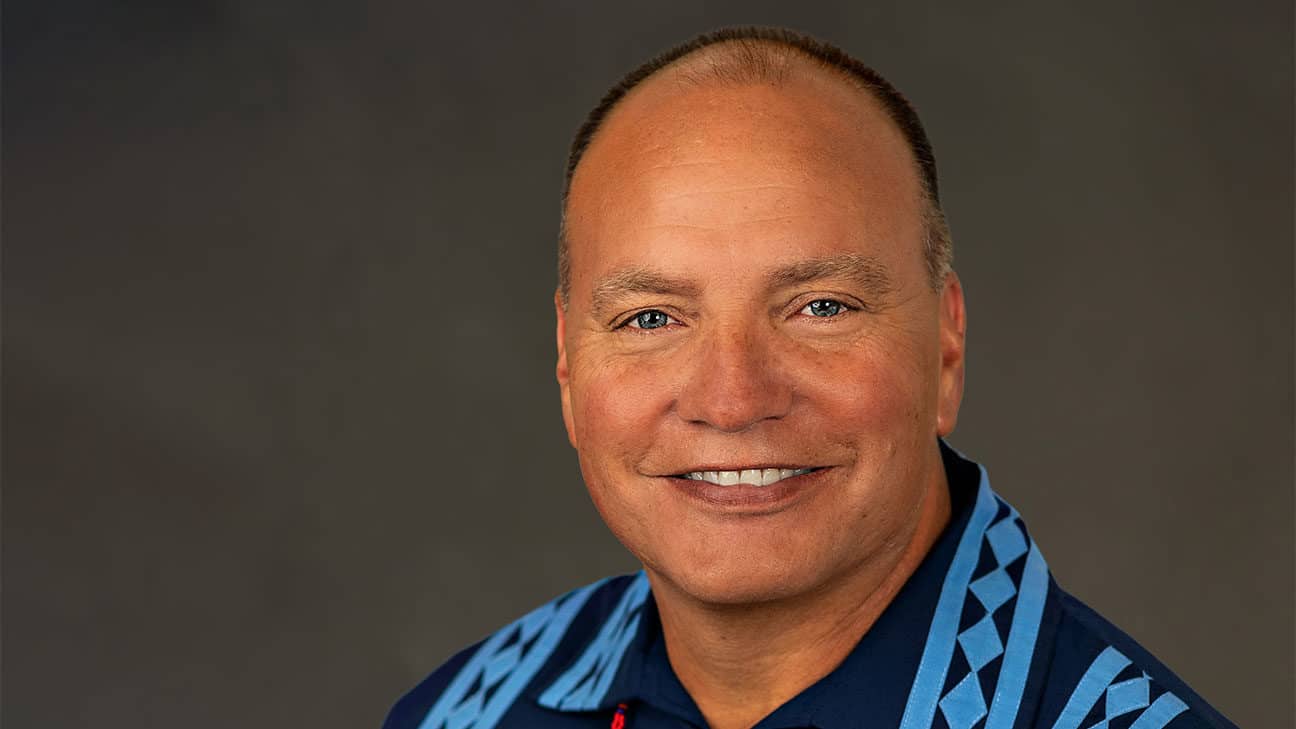
Oklahoman: Choctaw Nation Chief: This is why tribal sovereignty matters
Op-Ed
Published September 7, 2023By Chief Gary Batton
Imagine the U.S. government took your home, but promised to give you other land and protections in exchange.
Now, imagine someone came along years later and told you those agreements don’t count anymore, because it encroaches on power they want for themselves.
In short, that’s what Oklahoma’s 39 tribes are talking about when we focus on the idea of tribal sovereignty. We are defending our right to what the U.S. government promised. Unfortunately, some people and groups act as if sovereignty is not real, especially when it is inconvenient for them.
However, tribal sovereignty is a matter of rock-solid law, not opinion.
Many of the agreements go back to well before Oklahoma became a state. In fact, the Choctaw Nation has treaties with Great Britain and France dating back as far as 1786.
However, our most significant agreement is 1830’s Treaty of Dancing Rabbit Creek. In exchange for leaving Mississippi, our people agreed to take land in what was then called Indian Territory, along with a promise we would always be treated as a sovereign nation.
After that, we drafted our first Constitution in 1838, almost 70 years before Oklahoma became a state. The most recent and current constitution was signed in 1983.
Yes, the Treaty of Dancing Rabbit Creek was signed a long time ago. But nothing — including Oklahoma’s admission into the union — changes the terms. The Choctaw Nation still maintains its rights, which are guaranteed by Congress and the law.
The Choctaw people are also proud to be Oklahomans. Our love for the state is not diminished by retaining our sovereignty. We have signed many treaties, compacts and other agreements with the state, counties, cities and law enforcement agencies. Why? To improve life for all Oklahomans.
Those agreements don’t lessen our sovereignty. Indeed, they demonstrate we have the authority and the right to make our own deals. That power is not subject to the whims of whomever happens to be Oklahoma’s governor. Or, for that matter, who is in charge at the federal level.
No government can succeed if people don’t believe its promises. To maintain respect with all people — not just Native Americans — Oklahoma and the United States must honor the agreements they made with Native tribes.
This is the heart of sovereignty.